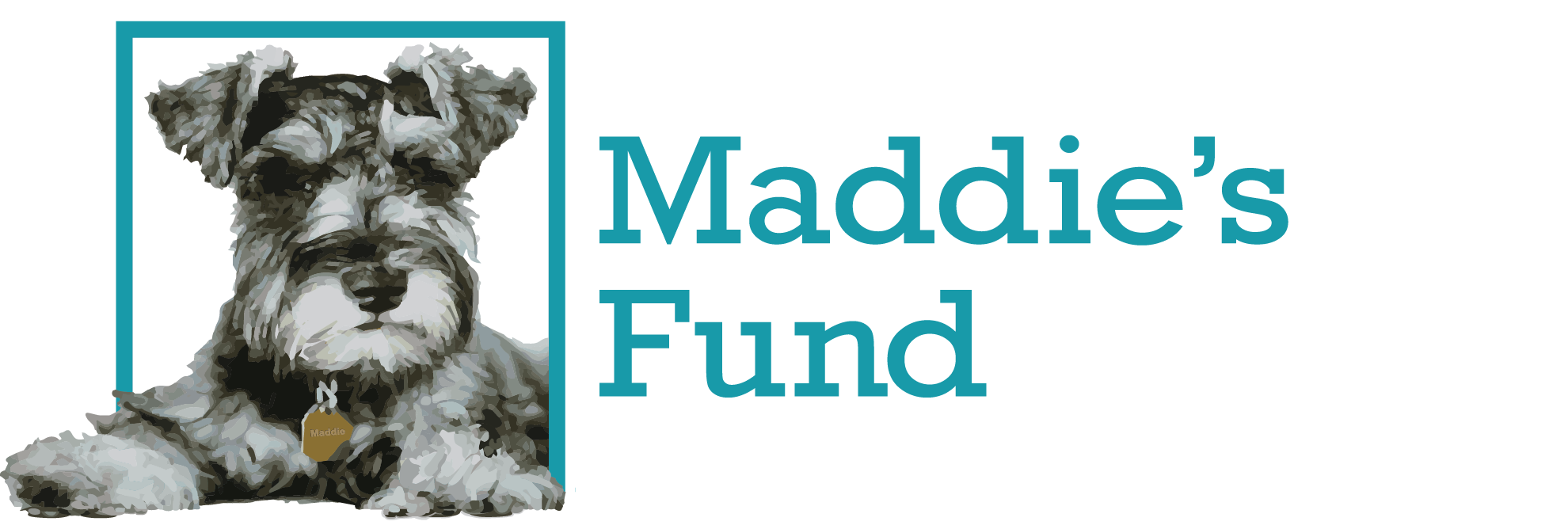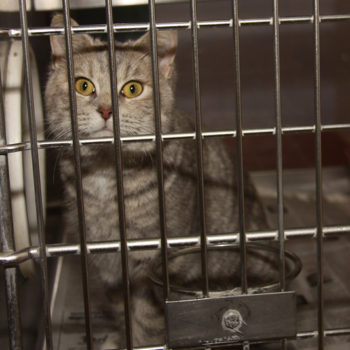Why do shelter cats so frequently get sick or suffer behaviorally? Because they’re essentially being held in a form of captivity, usually one originally designed for an entirely different species, the dog.
There are many medical and housing interventions that can reduce the stress of captivity for cats, and they are indeed associated with a reduction of some health risks. But here’s another one: Give them something to think about.
In a study published in the September 2016 issue of Preventive Veterinary Medicine, researchers studied cats rated as “frustrated” within their first hour in the shelter. One group of the cats was given four daily sessions of 10 minutes each in a different room being trained to touch their paw to the researcher’s hand. The other cats were not given the special training sessions.
The study measured changes in the cats’ emotional state as well as S-IgA (also known as intestinal immunoglobulin A), a marker of how well their immune systems are functioning. Based on the results obtained during the ten day period the study was being conducted, the study’s authors reported:
Infectious status was determined upon admission and incidence of upper respiratory was determined up to day 40 based on clinical signs. Treated cats were more likely to be rated as Content than Control cats and had greater concentrations of S-IgA in feces than Control cats. Within the Treatment group, cats that responded positively had greater concentrations of S-IgA than those that responded negatively. Control cats were more likely to develop respiratory disease over time compared to cats that received treatment.
It is concluded that there is prima facie evidence that cognitive enrichment of cats exhibiting frustration-related behaviors can elicit positive affect (contentment), stimulate secretion of IgA and reduce incidence of respiratory disease, which is worthy of further study.
The study abstract and details can be read, or the complete study purchased, at the link below:
Nadine Gourkow, Clive J.C. Phillips, Effect of cognitive enrichment on behavior, mucosal immunity and upper respiratory disease of shelter cats rated as frustrated on arrival, Preventive Veterinary Medicine, Volume 131, 1 September 2016, Pages 103-110, ISSN 0167-5877, http://dx.doi.org/10.1016/j.prevetmed.2016.07.012.

